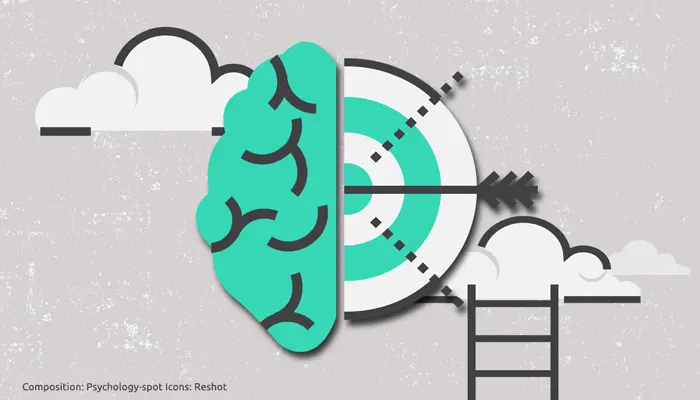
“The history of the world is full of men who rose to leadership, by sheer force of self-confidence, bravery and tenacity,” said Mahatma Gandhi, one of the most inspiring leaders of all time.
However, finding great leaders is not easy. Every staffing agency knows this well. They teach the most effective types of leadership and techniques for leading from a small team to a large company. But true leaders, those who motivate people to achieve extraordinary results, have something else: a deep understanding of the human psyche.
For that reason, the best executive recruiter firm is not only looking for managers with a solid academic background, but also for people with leadership skills who can carry out large projects. A good leader not only knows how to channel the behaviors of those who follow him, but also understands the psychological forces that originate them to better deal with the obstacles they usually represent.
The main challenges of the leader along the way
1. Demotivation
Motivation lies at the base of our behaviors. In a general sense, we are programmed to avoid what causes us pain and is unpleasant and look for those things that generate joy and make us feel good.
However, sometimes the best of us comes to light when we decide to make sacrifices for the greater good. When we decide to ignore the immediate rewards and push ourselves to the limit to achieve a dream.
A good leader must know this complex motivational mechanism. You need to be aware of what motivates people to know how far they are able to go to reach a common goal.
In fact, some very interesting experiments conducted with workers in India and the United States revealed a seemingly contradictory phenomenon: a higher economic reward has usually a negative effect on performance. The explanation is simple: working solely for money causes people to lose motivation and stop enjoying work. They feel like pieces of a machinery and alienate themselves, so that work loses its significance.
Instead, a good leader helps people feel committed to what they do. It motivates and helps them find meaning. So they can face with determination and passion the obstacles that will appear along the way.
2. Resistance to change
The world changes continuously. That creates a sense of insecurity and uncertainty that is difficult to deal with. A good leader, however, understands those emotional states and manages them in the most appropriate way so that they do not become a double-edged sword.
Leaders know that the only certainty that exists is change, so they are prepared to face the resistance to change that often arises as a response to situations of extreme uncertainty.
When the future is uncertain, we have a tendency to go back and cling to what we know. The familiar becomes a source of security that gives us some confidence while change is perceived as a threat.
In those cases, the main risk is paralysis. When people must make decisions in situations that are too ambiguous, they generally prefer to do nothing. At this point, the fear of change is so great that it simply prevents them from moving forward.
When that happens, leaders are able to become an anchor. To paraphrase Publilio Siro, they are able to hold the rudder when the sea is rough, not just when it is calm. They convey the security and confidence needed to continue navigating the turbulent waters of change. They help people focus on what they can gain, rather than just what they are losing from that change. So the organization or society can move forward.
3. Pessimism
Every project usually reaches a point where it stagnates or appear obstacles that seem insurmountable. After a great effort in which time, energy and resources have been invested without seeing the results, many people throw in the towel. Pessimism is established by leaving in its wake a veil of defeatism.
Good leaders are able to empathize with those emotions. Instead of ignoring or minimizing them, they validate them and encourage people to keep going. They are aware of that pessimistic bias that inhabits all of us and leads us to overestimate the probabilities of negative events occurring while underestimating the probabilities of positive events occurring.
They understand that pessimism causes us to focus on the details and highlight everything that has gone wrong. In those dark circumstances, leaders guard hope. They are able to maintain a global vision and transmit their idea of the future to involve others with their optimism, an optimism that is never naïve but realistic.
In short, good leaders are able to see what others overlook. They connect with people’s emotions, but they also maintain that global perspective that allows them to help them make smarter decisions to achieve big common goals. As Napoleon said, “A leader is a deliverer of hope.”
Source:
Ariely, D. et. Al. (2005) Large Stakes and Big Mistakes. Review of Economic Studies; 76: 5-11.



